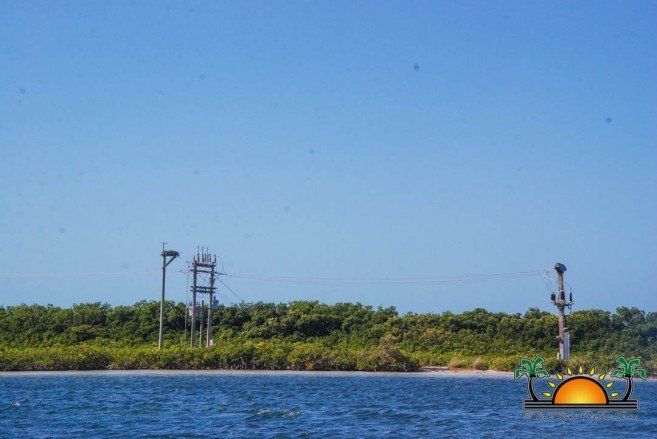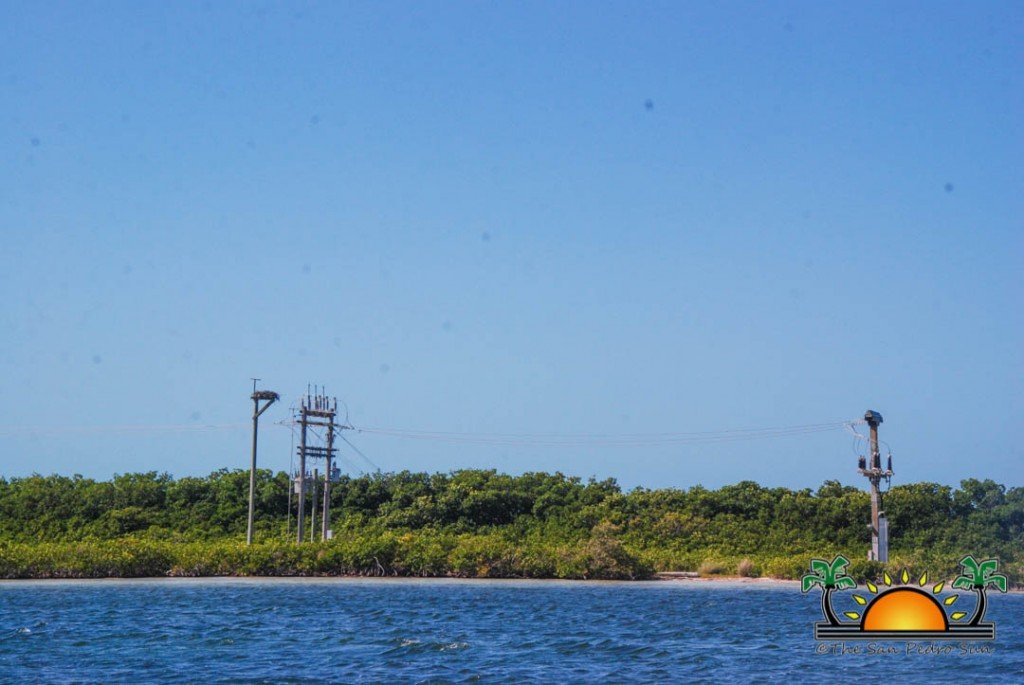In March 2019, Belize Electricity Limited (BEL) reported on the ongoing process of connecting Caye Caulker to the national electricity grid. The proposed connection needed a submarine cable that was yet to be acquired. Three years later, the long-awaited line has arrived in Belize, and connecting La Isla Cariñosa to the national grid can now be completed.
BEL has not provided details on when the connection will take place. Such a connection with the national grid is estimated to cost around $15 million. The cable is reportedly ten miles long and weighs 400 tons. Currently, Caye Caulker provides power to its residents via a raft of generators. When the rest of the country experiences a nationwide power outage, Caye Caulker is the only area with power. As such, some islanders are hesitant about the new power source because it is occasionally unstable due to a rise in power demand. The other factor is that the country imports much of its power from Mexico. When there are issues on the Mexican side, Belize experiences unplanned power outages.
BEL explained that due to the growth in Caye Caulker, its connection to the national power grid is imperative. The proposed connecting route is divided into sections labeled as ‘Point 1 through Point 6.’ Point 1 is the existing cable landing at the back of Ambergris Caye, where the island’s electricity grid directly connects with the national grid. Point 2, the ‘Headline Cable,’ is the proposed take-off for Caye Caulker submarine cable to the island. The submarine cables (Ambergris Caye and Caye Caulker) will pass through Point 3 on the northern tip of Caye Caulker. Then through Point 4, south of Caye Caulker Forest Reserve, and Point 5, near the split in Caye Caulker. The connection will end at Point 6, BEL Substation compound located at the back of the island.
Before this proposal, BEL completed the Caye Caulker feasibility study to confirm the economic and social benefits and the environmental impact of installing the submarine cable. As part of the study, an Environmental and Social Impact Assessment report was submitted to the Department of Environment for further review. After getting approval, BEL stated that the project should commence in the next six months. However, at that time, the project experienced a pause during the COVID-19 pandemic. BEL is yet to announce when the project will start.

Share
Read more

